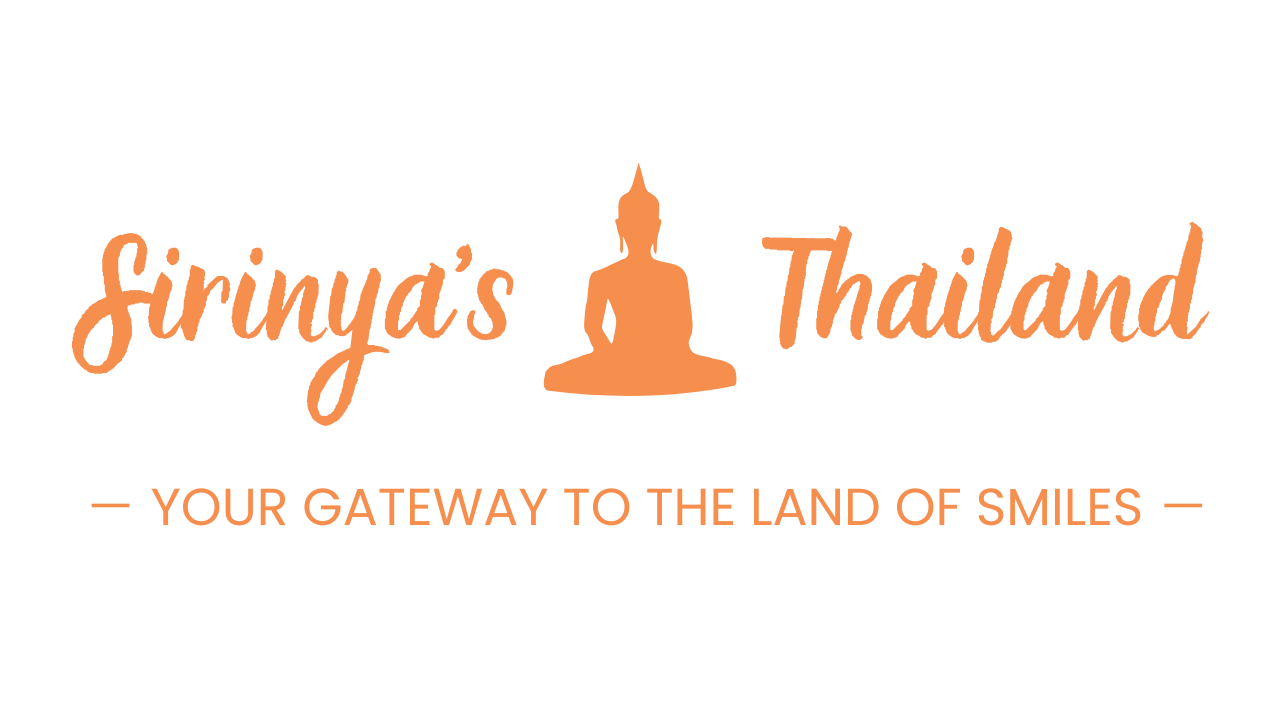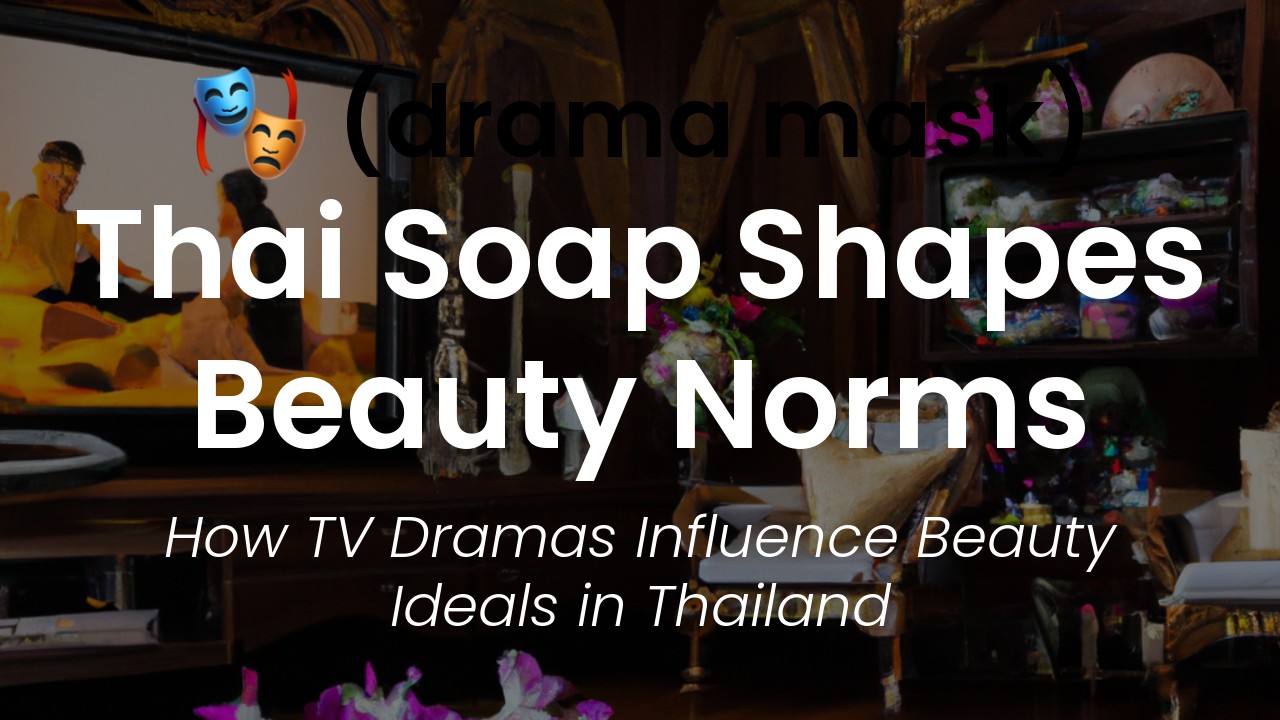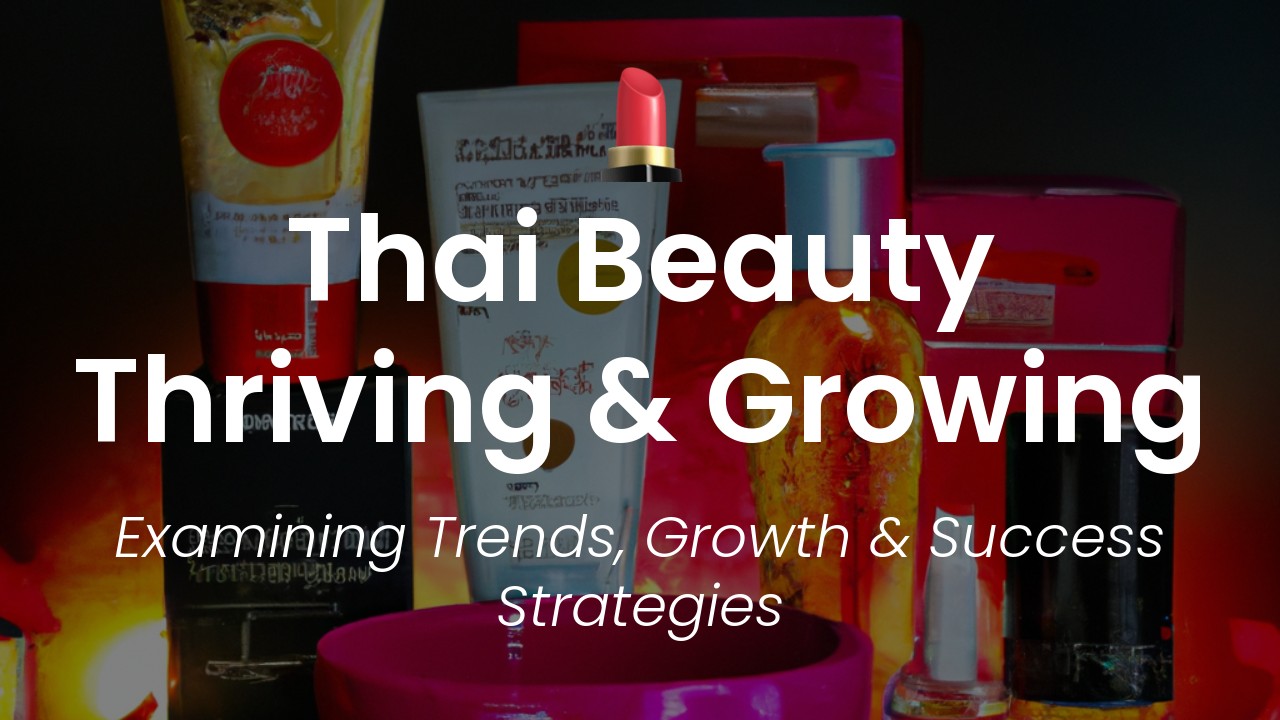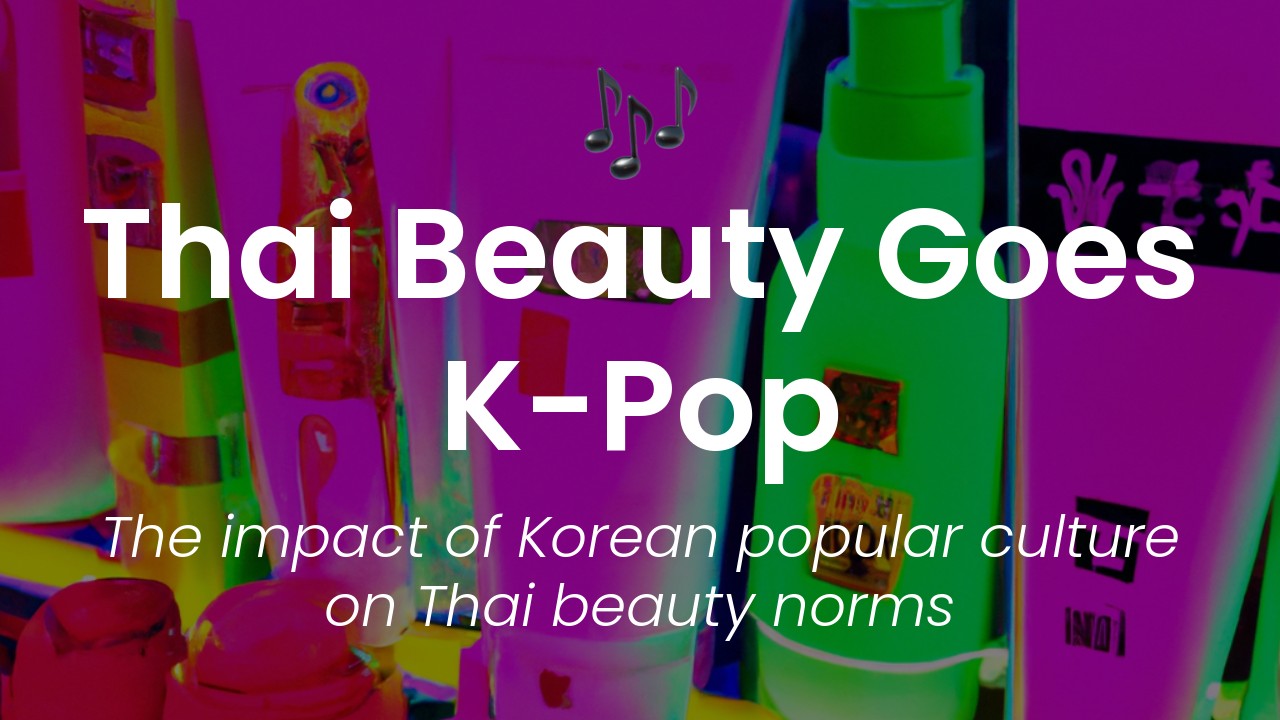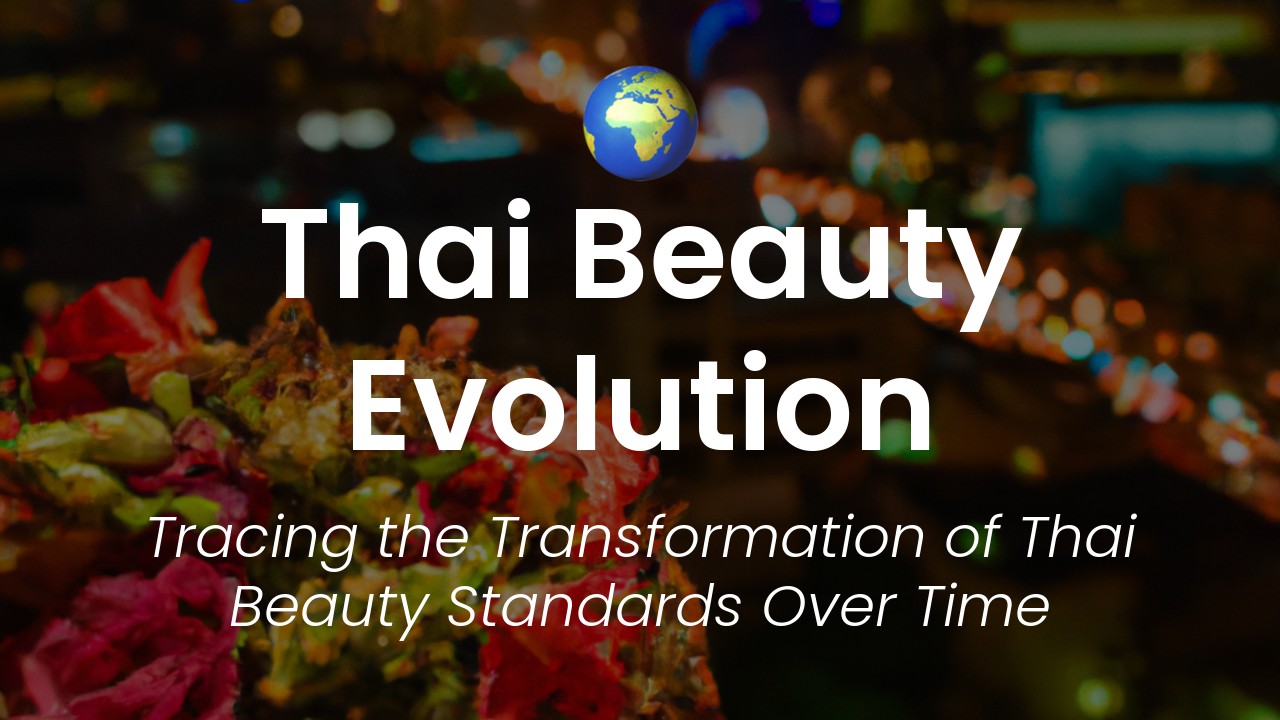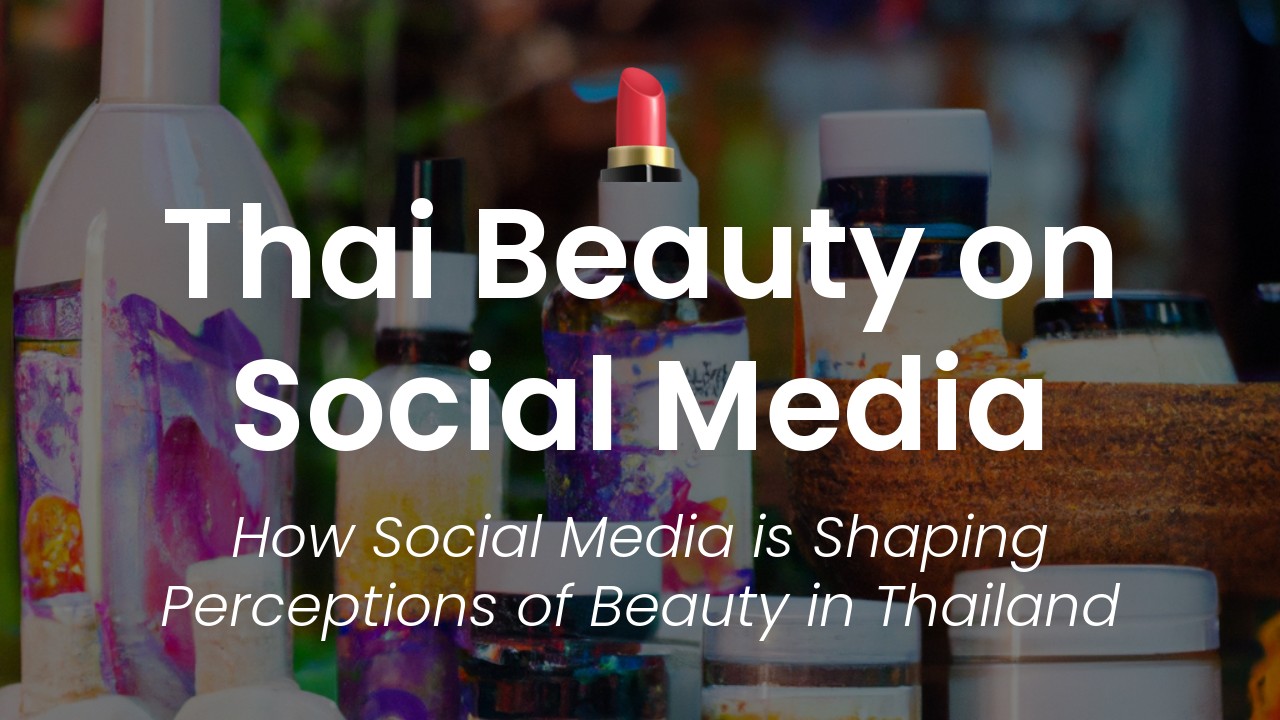As someone who grew up in Thailand, I've always been familiar with the country's obsession with soap operas. It's not unusual to see entire families gathered around the television to watch the latest episodes of their favorite dramas. Thai soap operas are considered a form of escapism, allowing people to tune out their everyday problems and become wrapped up in the lives of the characters on screen.
But as I've grown older and become more interested in beauty standards and the media's impact on them, I've begun to realize that these seemingly harmless shows may have a bigger influence than we think. Specifically, I've noticed that the beauty ideals portrayed in Thai soap operas are often unattainable for most people. The actors and actresses are almost always fair-skinned, tall, and thin, with perfectly symmetrical features and flawlessly styled hair.
In this blog post, I want to explore the ways in which Thai soap operas shape beauty norms in the country. I'll share some examples of popular shows and analyze the characters' appearances and how they might impact viewers' perceptions of beauty. I'll also discuss the potential consequences of promoting such narrow beauty ideals, including low self-esteem and body dissatisfaction. Finally, I'll suggest some ways in which we can work towards a more inclusive and diverse media landscape that celebrates beauty in all its forms.
Characters & Physical Appearance
Characters in Thai soap operas often represent Thai society's idealized physical appearance and qualities. While the physical appearance of characters may vary from show to show, two prominent beauty qualities are valued: fair skin and thin bodies.
Fair skin is highly regarded as a symbol of beauty in Thai culture. As a result, characters in Thai dramas are mostly portrayed as fair-skinned, which is commonly associated with successful, wealthy, and confident individuals. For example, in the popular Thai drama "Kulap Chawee," the lead actresses' skin is noticeably pale, and she is often displayed wearing luxurious clothing. This portrayal of beauty is a stark contrast to reality in Thailand, where the majority of the population has a darker skin tone. This representation of beauty is problematic because it reinforces the notion that fair skin is superior to darker skin tones.
In addition to fair skin, thin bodies are also highly prized in Thai dramas. Characters are often portrayed as thin, toned, and fit. Of course, there are exceptions, but the majority of the cast members have a body type that is considered ideal by societal standards. Actresses are often required to diet and exercise rigorously to maintain their figures. Thus, thin bodies are an unrealistic and unhealthy expectation often placed on young actresses.
Impact on Beauty Standards
The representation of physical beauty in Thai dramas has contributed to the formation of beauty standards in Thailand. Beauty companies often use the images and personalities of popular drama actresses to promote their products, perpetuating the idea that fair skin and thin bodies are valuable. It is not unusual for beauty companies to sponsor Thai dramas, where actresses use their products onscreen, creating subconscious associations of beauty with certain products.
These beauty standards are often highly pressurizing for young women in Thailand, who feel the need to meet these unrealistic expectations. Women often feel the need to undergo skin-lightening treatments and diet on extreme levels to achieve these beauty ideals.
Emphasis on Skin Tone
The prominence and emphasis on skin tone in Thai culture deserve special attention, as it is often seen as an indicator of a person's social class and personal hygiene. Darker tones indicate that an individual works outdoors and does not have access to affordable skin-lightening treatments, while fairer skin is associated with those who work indoors and can afford to maintain their skin better. This notion supports classism, where fair-skinned individuals are seen as higher on the social ladder than their dark-skinned counterparts.
Furthermore, the severe emphasis on fair skin is not limited to women. Men often feel the pressure to maintain their skin's paleness, as well. This need for fair skin is seen as a way to pass as wealthy and successful in a society where appearance holds value and reflects socio-economic status.
Significance of "White Skin"
The significance of having "white skin" (ผิวขาว, piu khao) goes beyond beauty standards in Thailand. In fact, it is deeply rooted in Thai culture as a whole. In Thailand, "white skin" is associated with godliness and purity, as well as social power and desirability. Therefore, skin-lightening treatments and products are popular in Thailand, and they can often be found at any beauty store or pharmacy. There is an overwhelming societal emphasis placed on fair skin and having more than one shade lighter skin than one's natural complexion.
Global Influence of Thai Dramas
Thai dramas' impact on beauty standards is not limited to Thailand alone. Due to their increasing popularity, Thai dramas have spread throughout Southeast Asia and beyond. They are an essential source of entertainment and have significant cultural influence in neighboring countries with similar beauty standards to Thailand. As a result, the normalization of beauty ideals portrayed in the shows extends beyond Thailand borders and potentially magnifies the oppressive nature of Thailand's beauty standards.
Diversity & Inclusion Challenge
While Thai dramas have played a significant role in shaping beauty standards in Thai culture and beyond, they have struggled to portray diverse characters with accurate depictions of real-life situations. Thai dramas often reflect a narrow representation of Thai society's reality by depicting only select stories that align with the status quo. Characters are often portrayed as rich, successful, and attractive, creating unrealistic expectations for real-life situations. This portrayal perpetuates the idea that these attributes are ideal, despite how unrealistic they may be for the majority of the Thai population.
Conclusion:
Thai dramas have a tremendous impact on beauty standards in Thailand, and beyond, due to their vast popularity. The representation of idealized physical beauty in Thai dramas is problematic, as it perpetuates unrealistic expectations of fair skin and thin bodies. These depictions can cause harm by encouraging young women in Thailand to undergo extreme dietary regimes and skin treatments to achieve the unattainable beauty ideals. The whitewashing of characters is also troubling, as it reinforces societal notions of classism and reinforces self-hatred and negative feelings towards darker skin tones. The portrayal of unrealistic beauty ideals in Thai dramas comes at the cost of diversity, inclusion, and realistic representation of society, suggesting that there is still work to be done in Thai society to achieve more inclusive and diverse representation in media.
